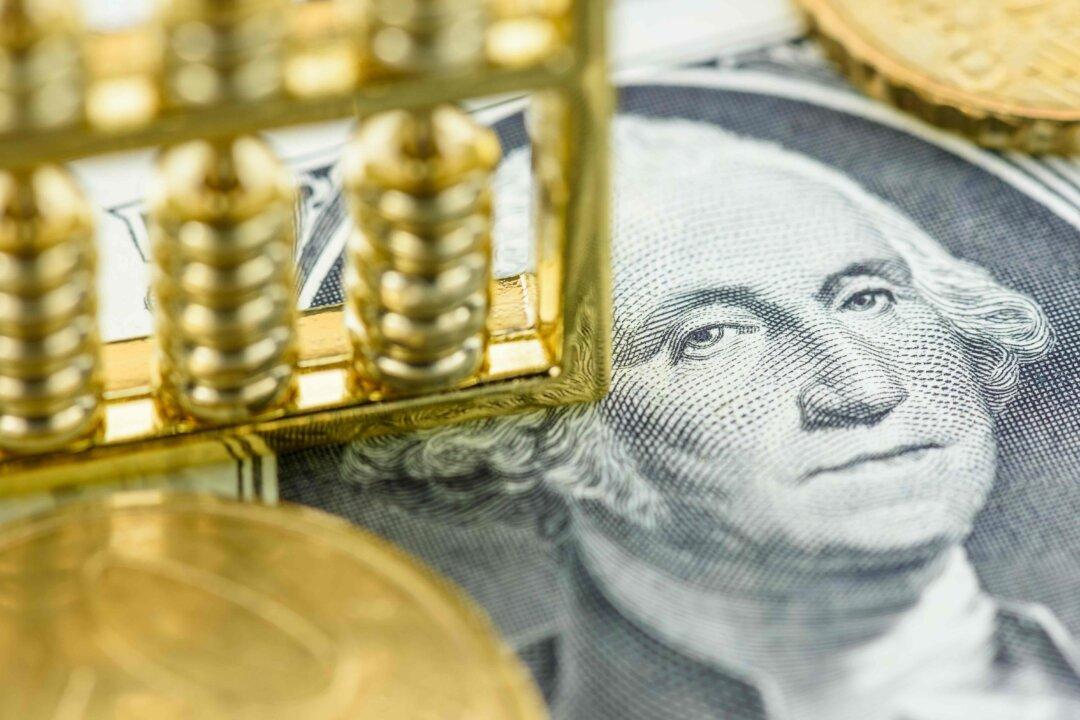Commentary
It is no secret that China has invested hundreds of billions of dollars in the American market over the past few decades.

It is no secret that China has invested hundreds of billions of dollars in the American market over the past few decades.